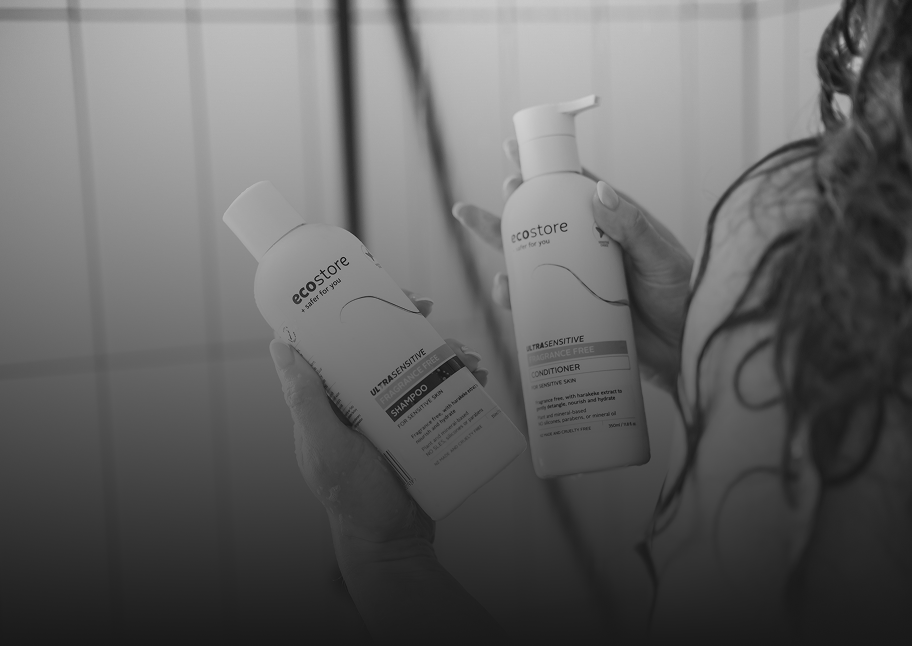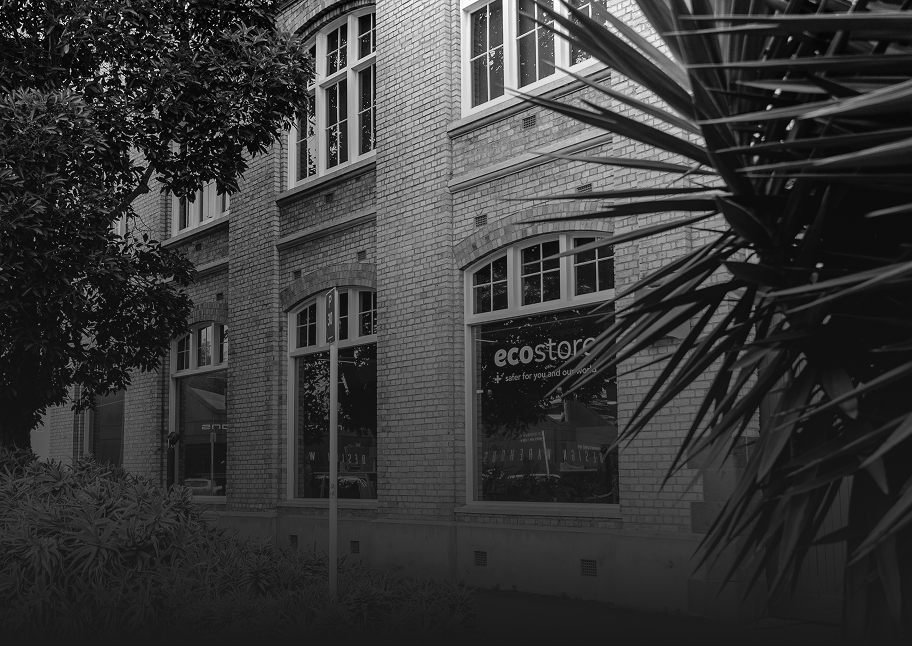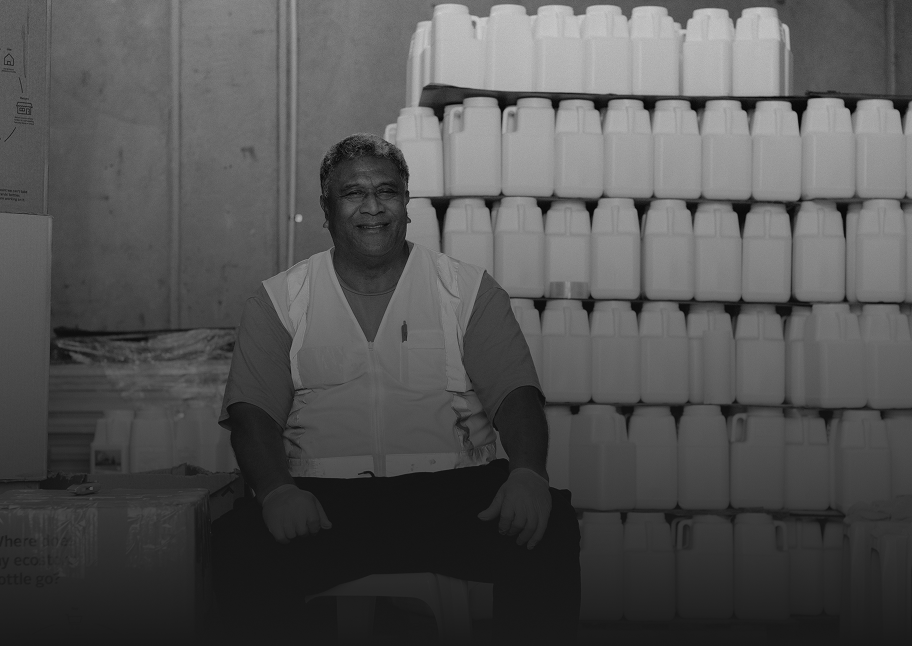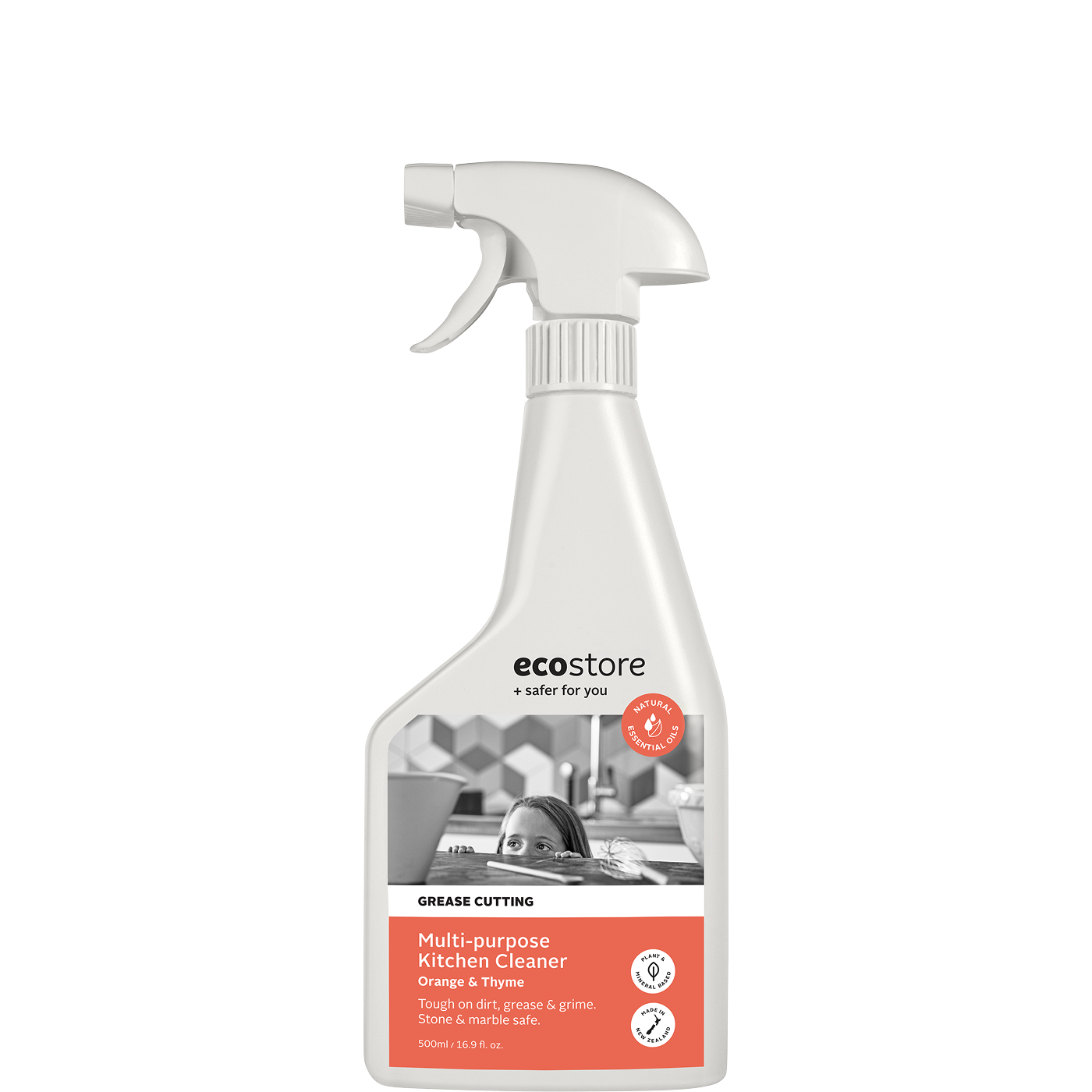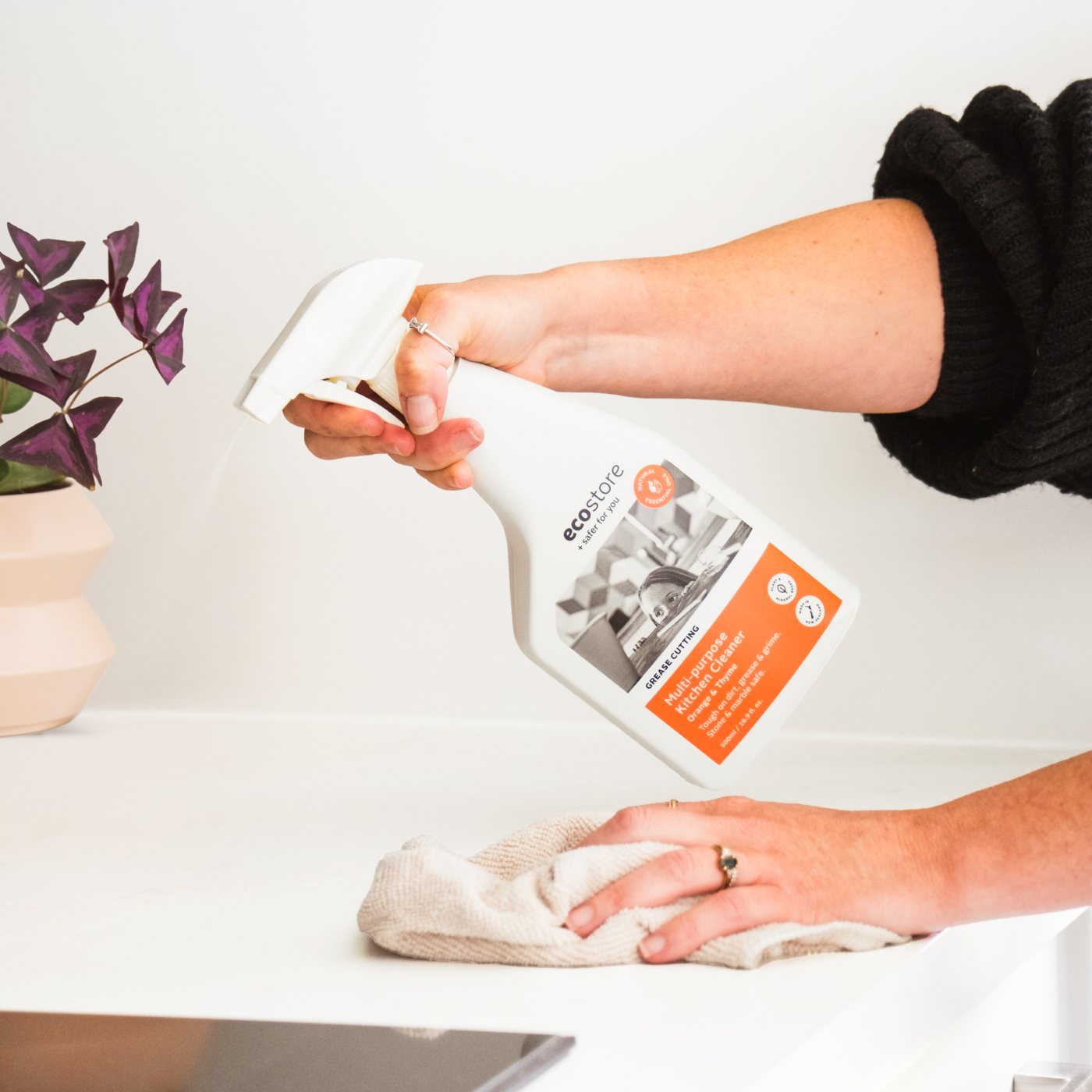We were a bit gutted to hear about the suspension of the Soft Plastics Recycling Scheme collection as of 31st December 2018. There are plans to start up again in April 2019. But at least until then, it's up to us to reduce our consumption of soft plastics as much as we can - and keep them out of our landfills, or worse, our environment.
In Auckland, the Council is aiming to get to zero waste to landfill by 2040. Parul Sood, Programme Director Waste Solutions says, "This means guiding Aucklanders on how to minimise their use of single-use packaging, including soft plastics.”
The key problem with soft plastics is that they contaminate processing equipment that's designed to handle rigid plastics like recycling numbers 1 and 2 - milk bottles for example. Soft plastics get caught in the sorting machine at the recycling plant, which can jam up the equipment and pose a risk to people working around the machines.
And maybe the introduction of soft plastic recycling lulled us into a false sense of security. It's easier to justify using soft plastics if you can recycle them. Perhaps with the soft option of convenient recycling we lost our way a bit when it came to the most important ‘R' - Reduce.
With that in mind, here's our fast five quick ways to reduce your soft plastic use.
Refusing is reducing
Change starts with awareness. Carefully considering the amount of plastic packaging around and item may take longer in the shop, but it will eliminate a lot of soft plastic from coming into your house. Getting rid of single use carrier bags from New Zealand supermarkets was a good start. But it's just a small percentage of the plastic used in supermarkets overall. Try to only buy produce that's not wrapped in plastic and you'll see just how much. But most uncut fresh fruit and veges don't need to be wrapped. Put your produce items directly in your shopping trolley and then straight into a reusable shopping bag at the checkout. If you really want to protect them with a bag, you could reuse plastic or paper bags, or buy a few lightweight mesh/cloth bags to store with your reusable shopping bags.
Dump the clingy film
There are plenty of ways to get around not using plastic food wrap. For example, storing leftovers in lidded containers. If you tend to often have leftovers that don't get eaten, getting into the habit of cooking less could be the simplest solution. If you do have to cover food, check out other options like reusable elasticated food covers (yes, they are plastic, but they can be washed and reused many times). Beeswax food wraps can be moulded to fit using the warmth from your hands and can be cleaned by washing in warm (not hot) water and reused. And the best bit - at the end of their life you can pop them in the compost.
BYO to grab and go
It was not that long ago that whipping out a BYO reusable container at the supermarket meant you risked being looked upon as somewhat of a fringe dweller. But here in 2019, it's becoming more ‘acceptable'. So ask your butcher, deli, or supermarket fish counter if they will pack your produce in your own container. You'll need it to be scrupulously clean - particularly if you're buying fish or meat - as no retailer wants to risk you getting sick.
Go big and bring it home
If you have a bit of room in your pantry, go large. By buying items in large quantities, you're cutting down the overall amount of soft plastic lurking in your groceries. Toilet paper, snack foods, cereal, pet food, baking supplies - there are lots of things you can buy in bulk. If you tend to buy single serves for snacks and lunches, look at whether you can buy a large pack and fill smaller containers as you go.
Refill and feel good
There are ‘refilleries' popping up all over New Zealand where you can stock up on dry goods like beans, grains, flours and spices by filling your own bags. Anything with a Ziploc closure is pretty handy. Once you get home, your goodies can be transferred into clean lidded glass jars (and many of us seem to have a good collection of these in a cupboard somewhere). You can also reuse the original containers to refill products like laundry liquid, body wash and cleaners. Ecostore now has more than 60 refill stations throughout New Zealand (and growing all the time).
One last suggestion - but this one's more of a slow burn. Start talking about soft plastics. Maybe you could join a group on social media to share waste reduction tips. And talk to the manufacturers of your favourite brands to let them know that you would like the to consider more sustainable packaging options. That's the power you have as a consumer. Wield it wisely.
Like some more ideas? Check out regular ecostore contributor Chanelle Clinton's zero waste journey
Read more

In 1960, plastic surgeon Dr Maxwell Maltz published a book on behaviour change called Psycho-Cybernetics. In it, he suggested that “it requires a minimum of about 21 days for an old mental image to...

The New Year often brings with it the need or desire to change our existing lifestyles to something we consider more healthy or beneficial to ourselves, but just where is the best place to start wh...

